Introduction
The UK Civil Aviation Authority (CAA) has initiated a crucial consultation that could reshape the future of remote pilot competency within the Specific Category. The consultation is ongoing, and it's imperative that you take the time NOW to read the document, understand it as best you can, and give your feedback to the UK CAA before the consultation closes on the 23rd of August 2023.
This could change the future of the drone industry in the UK forever...
It's your chance to stand up and be counted... And to have your say!
Approx read time 4 mins

Table of Contents
The Consultation: A Brief Overview
The Importance of Your Feedback
The Future of Remote Pilot Competency
The New Competency Certificates: RPC-B and RPC-A
The Consultation: A Brief Overview
The consultation document, titled "The Future of Remote Pilot Competency in the Specific Category," proposes significant changes to the current structure of remote pilot competency training. The CAA aims to introduce a more operation-centric and modular training approach, enabling more complex and scalable Unmanned Aircraft Systems (UAS) operations.
The proposed changes include the introduction of two NEW core competency certificates: the Basic Remote Pilot Certificate (RPC-B) and the Advanced Remote Pilot Certificate (RPC-A). These certificates are designed to cater to more complex operations, including Beyond Visual Line of Sight (BVLOS) operations, and enable operations in the Specific Category beyond the privileges of UKPDRA01.
These new certificates are likely to cater for people and organisations who want to carry out drone operations which are beyond the scope of those routinely conducted at the moment in the UK, especially amongst those of us currently flying in the Specific Category under an OSC or PDRA-01 (and mostly those which I believe are ones that should sit in the 'Certified Category', if we look at the current system and legislation).
However, as you'll see when you do look at the consultation... There seems to be an element of 'mission creep' away from the current 'Open', 'Specific' and 'Certified' categories, and, indeed, the potential for an entirely new system to be introduced into the UK.
Who Will Be Affected?
It's important to note that these changes should primarily affect those looking to operate in the Specific Category, i.e., those who hold a CAA Permission or Operational Authorisation.
The proposed changes should not directly impact hobbyists or those flying in the Open Category, such as drone pilots flying under the A2 CofC scheme, as it stands.
The Importance of Your Feedback
The CAA is keen to hear feedback from the drone community. Your input will help shape the future of drone operations in the UK. Therefore, it's crucial that you read the consultation document, understand the proposed changes, and submit your feedback before the deadline.
For years as a community, we've been asking for the CAA and the DfT to listen to us...
This is YOUR Chance to have your voice heard and to directly influence the decision-making process for the future of uncrewed aviation in the UK.
Don't let this opportunity pass you by, and just hope that 'enough other people' will respond.
We all need to make sure the CAA hear our individual thoughts on the consultation to give them a rounded, well-balanced opinion across the breadth of the community.
The Future of Remote Pilot Competency
The proposed changes aim to introduce a more modular and operation-centric approach to remote pilot competency. This approach recognises that the level of required remote pilot competency falls largely into the following operational boundaries:
- Visual line of sight (VLOS) operations
- Complex VLOS and localised beyond visual line of sight (BVLOS) operations
- BVLOS En-route Operations
- BVLOS Highly Complex Operations
The New Competency Certificates: RPC-B and RPC-A
The proposed RPC-B and RPC-A certificates are designed to cater to more complex operations but could impact those drone pilots who are currently carrying out operations under a GVC (General Visual line of sight Certificate), operating in the Specific Category, under a PDRA-01 and/or OSC.
Take the time to read and try to understand the differences between the newly proposed certifications and think about how they may affect you if they were introduced 'as-is'... Then feedback to the CAA appropriately.
The Future of the GVC
The consultation also seeks feedback on the future of the General Visual Line of Sight Certificate (GVC). The CAA is considering whether the GVC should be retained as a basic level of VLOS training or phased out after the introduction of the new competency framework.
Given that we've not even fully completed the transition over to the GVC under the current regulatory framework in the UK (at the time of writing this article), this might not be something that would be easily tolerated by the community...
But again, that's why it's VITALLY important that you have your say NOW and give the CAA the feedback and evidence they need, for any future-based policy changes and decision-making.
Just to be clear though; the GVC isn't going ANYWHERE in the near future... Even if the outcome of the consultation is such that the community decides a change would be 'sensible', we imagine it will take a number of years before the policy and legislation are amended in order to implement any change.
So, for now, the GVC remains THE pathway to gaining permissions to operate in the Specific Category under UK PDRA-01. :)
Conclusion
The consultation provides a detailed proposal on the UK CAA’s vision for the future of remote pilot competency in the Specific Category (and beyond into the Certified Category - if we stick with the current, well-evidenced and reasoned 'categories').
We need to look at the consultation as a call to action for ALL UAS industry stakeholders.
We encourage you to read the document in full and submit your views before the deadline.
You can find the consultation document HERE.
For a more in-depth discussion of the proposed changes, you can watch a recent live stream discussion about the consultation over on the Geeksvana YouTube Channel with myself, Graham Degg of Eyeup Aerial Solutions and Sean Hickey from Geeksvana, by clicking the image below.
Remember, your voice matters. This is your chance to shape the future of drone operations in the UK.
Don't miss out on this opportunity to make a difference.
Until next time my friends,
Fly safe & Blue Skies,

Matt Williams
CEO, UAVHub
.png?width=142&height=142&name=TDM%20-%20Matt%20Headshot%20Round%20TRANS%20BG%20(1).png)
FAQs
Q: What is the purpose of the CAA's consultation on remote pilot competency?
A: The CAA's consultation on remote pilot competency aims to gather feedback on proposed changes to the current structure of remote pilot competency training. The changes are designed to introduce a more operation-centric and modular approach to training, enabling more complex and scalable Unmanned Aircraft Systems (UAS) operations.
Q: Who will be affected by the proposed changes in the consultation?
A: The proposed changes should primarily affect those looking to operate in the Specific Category, i.e., those who hold a CAA Permission or Operational Authorisation. The changes should not directly impact hobbyists or those flying in the Open Category, such as drone pilots flying under the A2 CofC scheme.
Q: What are the proposed RPC-B and RPC-A certificates?
A: The proposed Basic Remote Pilot Certificate (RPC-B) and Advanced Remote Pilot Certificate (RPC-A) are designed to cater to more complex operations. The RPC-B is designed to train remote pilots for more complex operations, including BVLOS, subject to the operator’s Operational Authorisation. The RPC-A is designed to prepare remote pilots for even more high-risk and/or complex UAS operations.
Q: What will happen to the GVC under the proposed changes?
A: The CAA is considering whether the General Visual Line of Sight Certificate (GVC) should be retained as a basic level of VLOS training or phased out after the introduction of the new competency framework. The consultation seeks feedback on this matter, but for now, the GVC remains THE route to gaining CAA Permissions to operate in the Specific Category.
Q: How can I provide feedback on the consultation?
A: You can provide feedback on the consultation by reading the consultation document, understanding the proposed changes, and submitting your feedback to the CAA before the consultation closes on the 23rd of August 2023.
Your input will help shape the future of drone operations in the UK.


